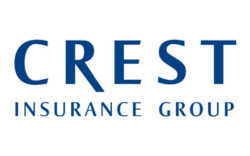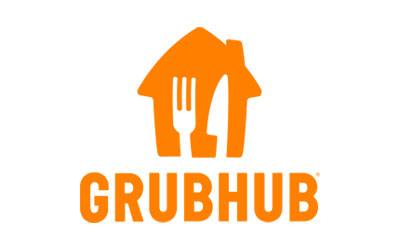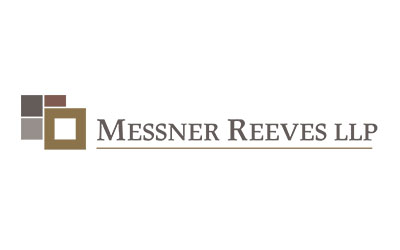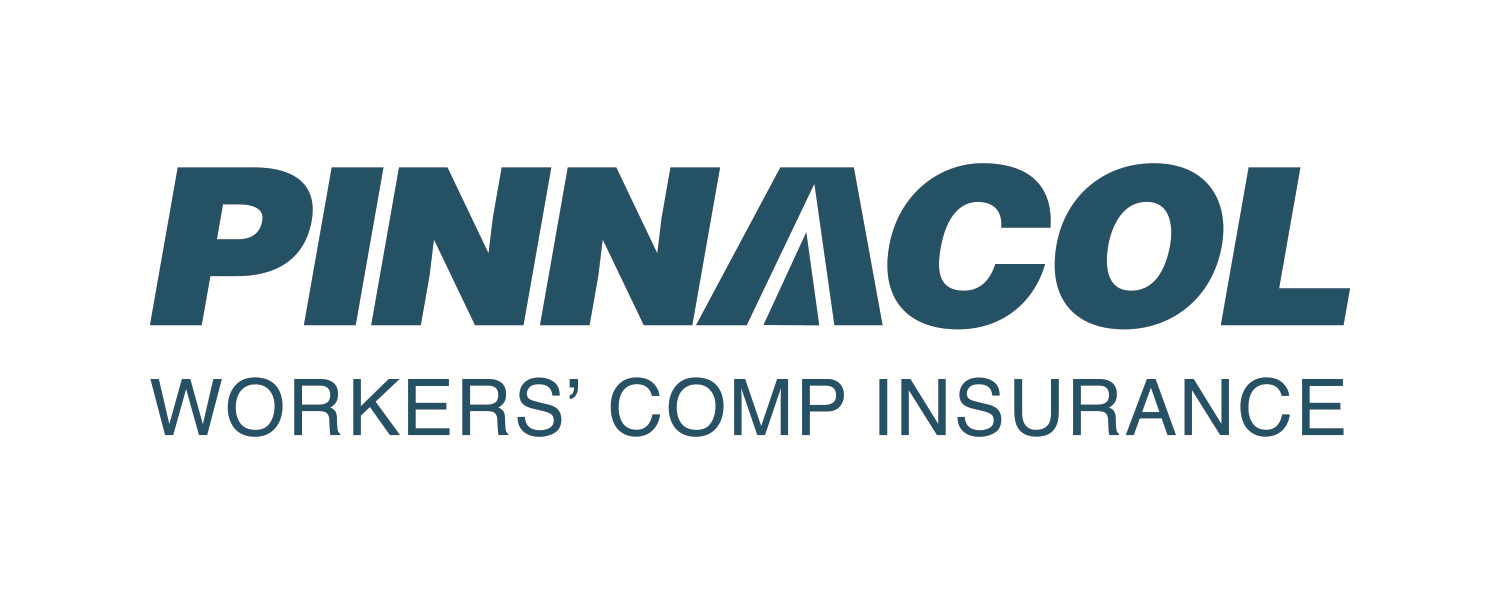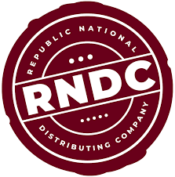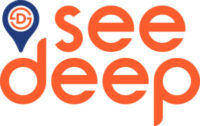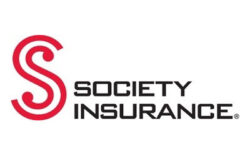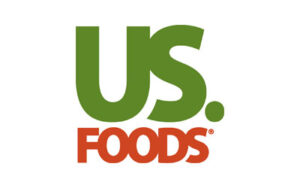Your obligation is to allow them to appear for jury duty.
The employee’s failure to appear for jury duty may subject them to penalties imposed by the court. Employers may not terminate employees, deprive them of benefits, or harass, threaten, or coerce them because they receive a juror summons or serve as jurors. Employers may not make demands upon employees that will substantially interfere with the effective performance of juror service (C.R.S. §§ 13-71-134 and 18-8-614).
In addition, Colorado Revised Statutes require employers to pay regularly employed workers regular wages of up to $50 per day for the first 3 days of juror service or any part thereof, unless a mutual agreement provides otherwise (C.R.S. § 13-71-126). “Regular wages” is the amount that the employer normally pays, not including tips paid by customers. This amount is calculated by taking an average of the employee’s hours worked per day during the preceding three months of employment times their hourly rate of pay. The state pays jurors for the fourth day of service and thereafter, at the rate of $50 per day (C.R.S. § 13-71-129).
Payment must be made within 30 days of receiving the juror service certificate from the employee (C.R.S. § 13-71-133). Payment is not required unless the employer is tendered a juror service certificate (C.R.S. § 13-71-132). If payment of compensation would cause financial hardship, the employer may be excused from the requirement by the court (C.R.S. § 13-71-127).
